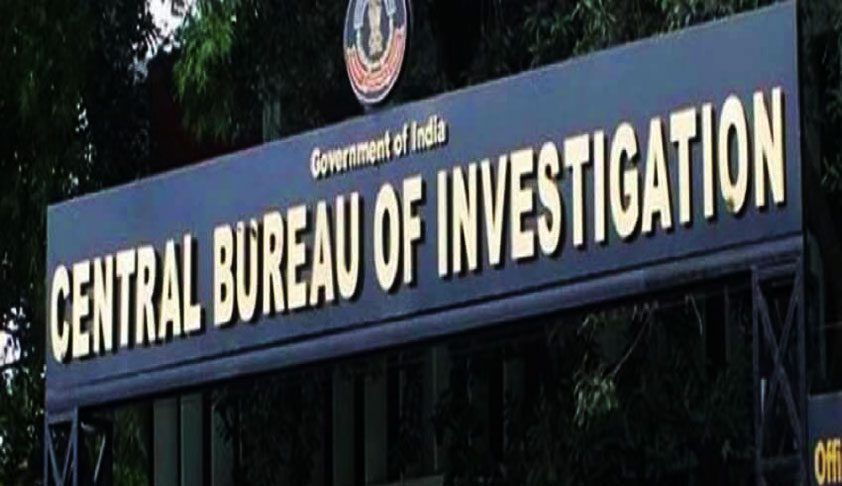Table of Contents
The Ashok Gehlot government of Rajasthan took a major decision on Monday amid the political upheaval that has been going on for the past few days. The government withdrew permission given to the Central Bureau of Investigation (CBI) to conduct investigations and raids in the state. The Gehlot government passed the order and said that now the CBI will have to seek its permission before any investigation in the state as it has withdrawn the ‘General Consent’ given to the CBI. Keep in mind that three states have done this before Rajasthan. Let us know, under which circumstances the General Consent withdrew from the CBI and what does the law say about it …
The then Chandrababu Naidu government of Andhra Pradesh banned the CBI from entering the state on 8 November 2018.
West Bengal Chief Minister Mamata Banerjee did the same thing after supporting Andhra Pradesh’s then CM Chandrababu Naidu on the decision to ban the CBI. Within a week, the withdrawal of consent given to CBI to investigate in Bengal. In 1989, West Bengal gave a ‘General Consent’ to the CBI investigation in the state.
On February 3, 2019, what happened to the CBI team that reached Kolkata to interrogate the then State Commissioner of Police Rajiv Kumar in connection with the Shardi chit fund scam, is recorded in history. The West Bengal Police took CBI officers into custody and took them to the police station. The 8-member CBI team was forcibly loaded into the van and taken to the Shakespeare Sarani Police Station. Meanwhile, Chief Minister Mamata Banerjee sat on a ‘dharna’. The CBI later filed a complaint in the Supreme Court and the court stayed Rajiv Kumar’s arrest and ordered him to cooperate in the investigation. This order of the Supreme Court was described by Mamta as a victory for democracy and the Constitution.
The Congress government of Chhattisgarh on January 10, 2019, following the footsteps of Andhra Pradesh and West Bengal, withdrew the general counsel given to the CBI for investigation in the state. The Bhupesh Baghel government of the state wrote a letter to the Union Home Ministry and said that they should tell the CBI that they did not come here to investigate without the permission of the state government. However, the Baghel government did not give any reason behind this decision.
NIA and CBI
Actually, like the National Investigation Agency (NIA), the CBI is not governed by its own private law. The NIA is the NIA Act while the CBI is operated under the Delhi Special Police Establishment (DSPE) Act. Its section 6 prohibits the CBI from conducting any investigation outside any union territory including Delhi without the permission of the concerned state government. Since the Central Government departments and employees are involved in the CBI’s jurisdiction, it needs permission to investigate state government departments and employees or for serious crimes in the states.
What is General Consent for CBI?
The CBI gets two types of permission from the state. One – the investigation of a particular case (case specific) and the other – general consent. Under the General Consent, states allow the CBI to conduct investigations without any restriction. Almost all the states have given general consent to the CBI. This makes it easy for the agency to investigate corruption cases against the central government employee working in the state and does not have to take permission from the state every time. So far Andhra Pradesh, West Bengal, Chhattisgarh and Rajasthan have withdrawn General Consent from the CBI. This means that the CBI can no longer register and investigate a new case against a central employee or other person posted in these states until the state allows it.
The CBI had argued in the Supreme Court in 2013 about the removal of section 6 of the DSPE Act that so far (as of 2013) only 10 states have given general consent. This makes him difficult to conduct investigations in other states. On this, the Supreme Court had said that if the High Court of the concerned state gives permission, then the investigation can be done without the permission of the state government. It is clear that the CBI cannot conduct raids in the concerned state on its own and without the permission of the state government. If he feels the need for investigation in a particular case and does not get permission from the state government, then he will have to take permission from the High Court of that state.

